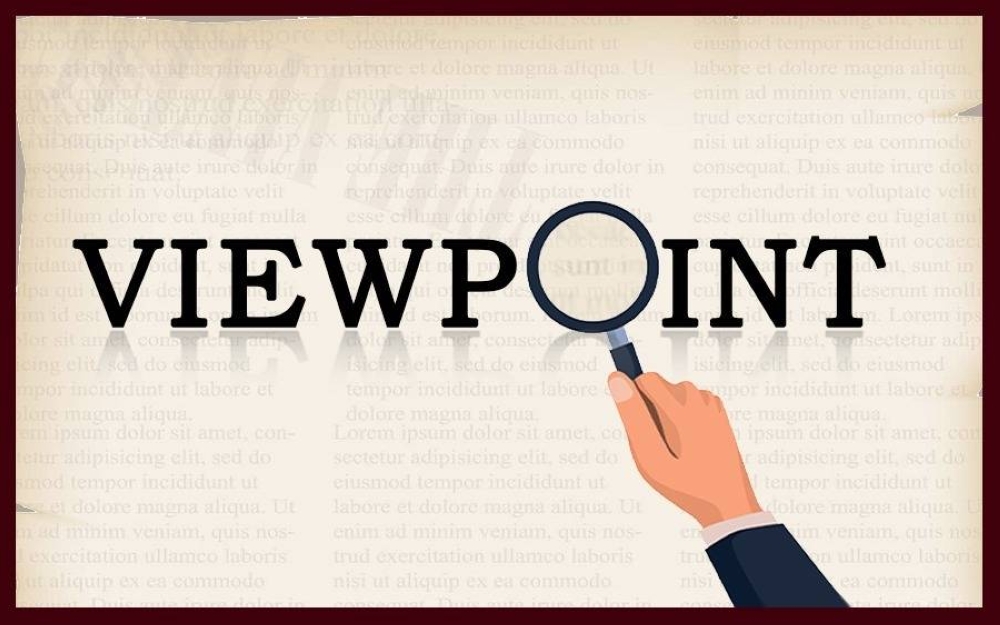The ongoing ‘cold war’ between humans and generative artificial intelligence reached a milestone last Wednesday with the European Union passing the world’s first law restricting AIs in a majority vote. Endorsed by an overwhelming majority of 523 in favour, 46 against, and 49 abstentions in the European Parliament, the new act aims to protect human rights by assigning obligations to AI systems based on their potential risks and levels of impact, without hindering the field of artificial intelligence innovations itself. Although it will take some time before the law comes into effect, once implemented, it will impose limitations on both high-risk AI systems and general-purpose AIs, such as the GPT-4 language model and image generators.
“Europe is NOW a global standard-setter in AI,” Thierry Breton, the European commissioner for internal market, wrote on X. The president of the European Parliament, Roberta Metsola, described the act as trailblazing, saying it would enable innovation, while safeguarding fundamental rights. “Artificial intelligence is already very much part of our daily lives. Now, it will be part of our legislation too,” she wrote in a social media post. Dragos Tudorache, a lawmaker who oversaw EU negotiations on the agreement, hailed the deal, but noted the biggest hurdle remains implementation.
The world’s first binding law on artificial intelligence is expected to reduce risks, create opportunities, combat discrimination, and bring transparency, according to the Internal Market Committee Co-Rapporteur Brando Benifei. “Thanks to Parliament, unacceptable AI practices will be banned in Europe and the rights of workers and citizens will be protected. The AI Office will now be set up to support companies to start complying with the rules before they enter into force. We ensured that human beings and European values are at the very centre of AI’s development.”
As per the new law, some AI applications are set to be outright banned in the EU, such as biometric categorisation systems based on sensitive characteristics and the scraping of facial images from the Internet or CCTV footage to build facial recognition databases. Furthermore, the law prohibits emotion recognition in workplaces and schools, social scoring systems, predictive policing, and AI designed to manipulate human behaviour.
The legislation is also set to impose limitations on so-called “high-risk AI systems” utilised across critical sectors such as infrastructure, education, public services, law enforcement, and justice. Developers of such systems will be obligated to minimise risks, maintain usage logs, ensure transparency, and implement human oversight. Furthermore, EU citizens will have the right to file complaints regarding AI systems and receive explanations concerning decisions made by high-risk AI systems.
Commonly used general-purpose AIs and the models they are based on will also be subject to restrictions, requiring adherence to transparency measures. These include compliance with EU copyright law and the provision of detailed summaries of the training data used. Additionally, any artificial or manipulated visual, auditory, or video content, such as deepfakes, will be required to be labelled as such.
Before gaining formal endorsement from the Council, the law will undergo a final check by lawyer-linguists. It is expected to be published in the official Journal in May 2024. Following publication, it will come into effect twenty days later and become fully applicable 24 months after that. However, there are exceptions: bans on prohibited practices take effect six months after the law’s enactment, codes of practice after nine months, general-purpose AI regulations including governance after 12 months, and obligations for high-risk systems after 36 months. Meantime, Emma Wright, partner at law firm Harbottle & Lewis, raised concerns that the act could quickly become outdated as the fast-moving technology continues to evolve. “Considering the pace of change in the technology — as shown with the launch of generative AI last year — a further complication could be that the EU AI Act quickly becomes outdated especially considering the time-frames for implementation,” she said.
Opinion
EU passes historic AI regulation law
The world’s first binding law on AI is expected to reduce risks, create opportunities, combat discrimination, and bring transparency

